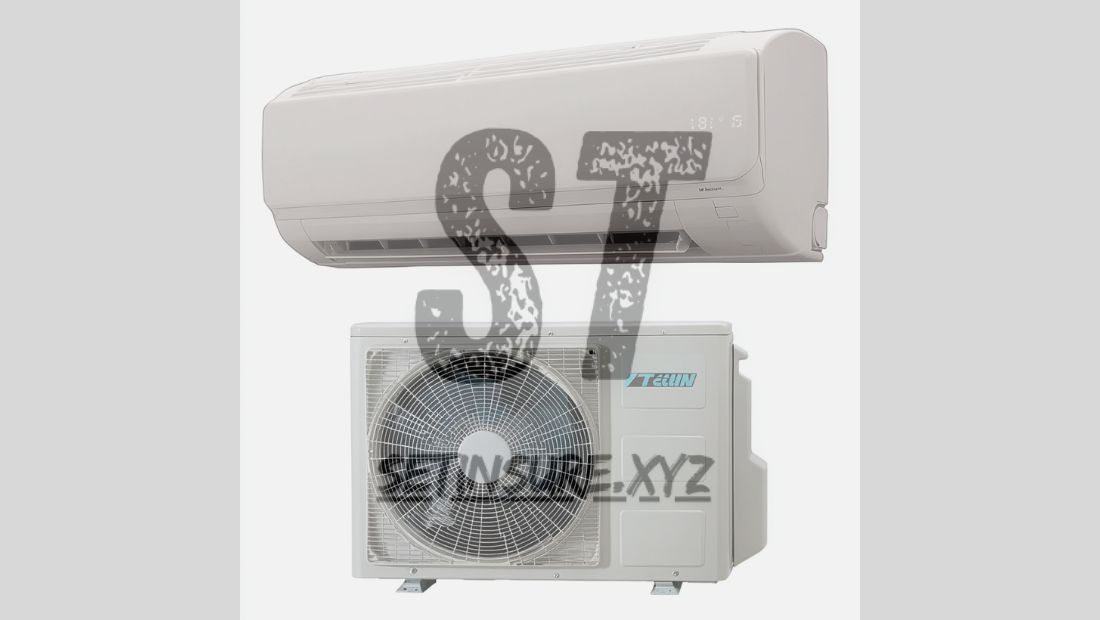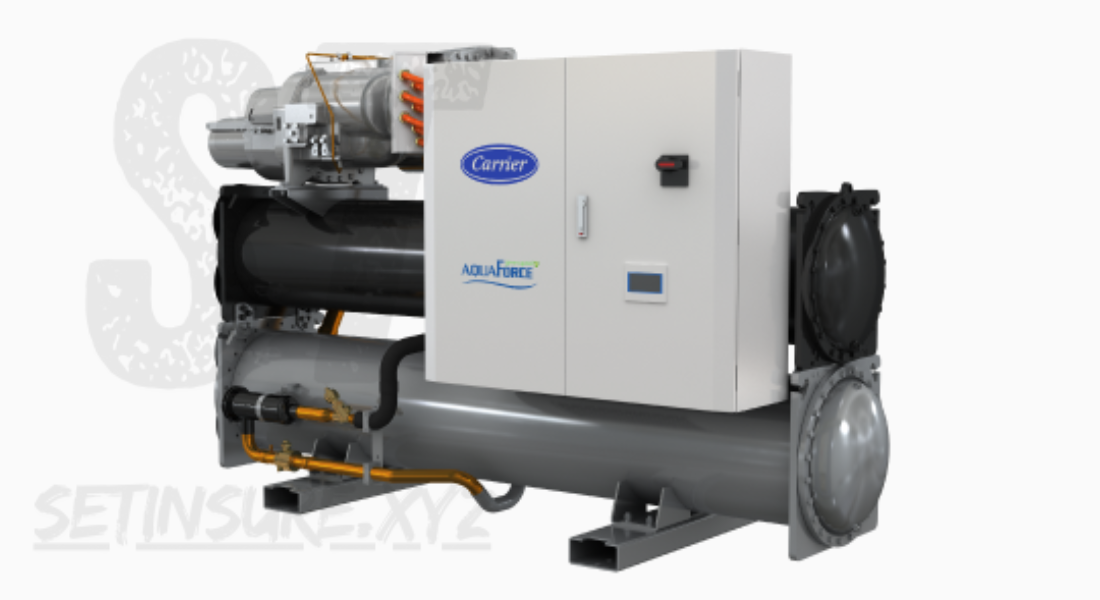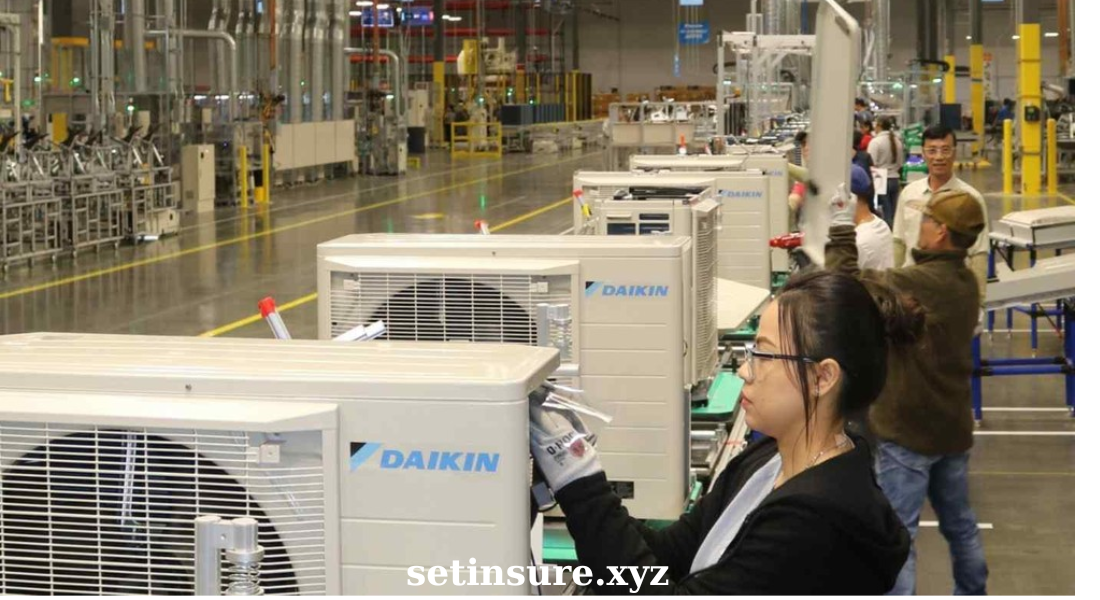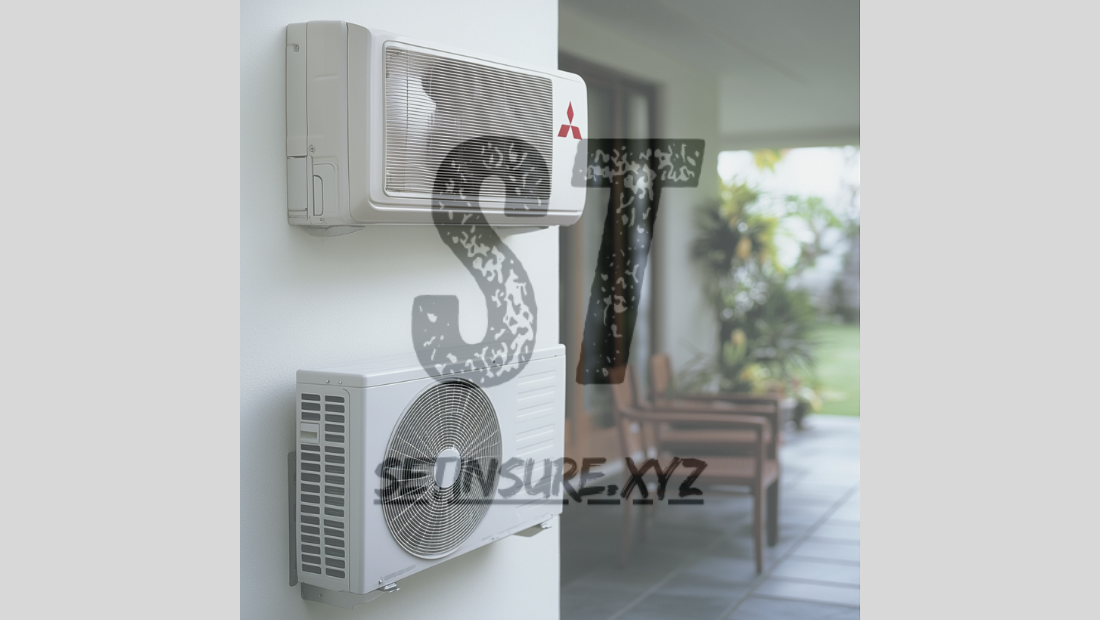When selecting an HVAC (Heating, Ventilation, and Air Conditioning) system, homeowners and businesses face a range of choices from top-tier brands like Daikin, Carrier, Trane, Lennox, and Rheem. Choosing the right system requires balancing quality, innovation, and energy efficiency with your specific needs and budget.
Daikin has established itself as a global leader in the HVAC industry, offering cutting-edge technology and energy-efficient systems. But how does it compare with its competitors, and which brand provides the best solution for your home or office? In this article, we’ll break down Daikin’s strengths and compare them to other industry-leading brands to help you make an informed choice for your HVAC needs.
1. Daikin HVAC Systems: Quality, Innovation, and Efficiency
Daikin is renowned for its high-quality HVAC systems, which are designed to deliver optimal performance with cutting-edge technology and long-lasting durability. Their products are used in both residential and commercial spaces, offering advanced climate control solutions for all types of environments.
a. Quality and Durability
Daikin HVAC systems are designed with reliability and longevity in mind. Known for their robust construction, Daikin products are built to withstand the test of time and function well even in extreme temperatures. Whether you’re looking for a mini-split system for your home or a central air system for a commercial space, Daikin delivers solutions that are built to last.
- Warranty: Daikin offers comprehensive warranties on most of its systems, reflecting its confidence in the longevity of its products.
- Quiet Operation: Many Daikin systems are noted for their quiet operation, particularly the ductless mini-splits, which use advanced noise-reduction technologies.
b. Innovation and Advanced Features
Daikin is at the forefront of HVAC technology, incorporating smart home integrations, inverter technology, and energy-efficient innovations into its systems.
- Inverter Technology: Daikin’s use of inverter-driven compressors allows their systems to adjust their speed depending on the load, providing precise temperature control while significantly reducing energy consumption.
- Smart Controls: Daikin integrates Wi-Fi-enabled systems, which allow you to control your HVAC unit remotely from a smartphone or tablet. This smart feature can be a game-changer for homes and offices, offering flexibility and convenience.
- Eco-Friendly Refrigerants: Daikin is a leader in the use of R-32 refrigerant, which has a lower global warming potential (GWP) than traditional refrigerants, making Daikin systems a more environmentally friendly choice.
c. Energy Efficiency
Energy efficiency is one of Daikin’s standout features. Their inverter technology and high SEER (Seasonal Energy Efficiency Ratio) ratings ensure that their systems are optimized for energy savings.
- SEER Ratings: Daikin offers models with high SEER ratings (up to 24 SEER in some systems), which translates to lower energy consumption and reduced utility bills.
- Energy Star Certification: Many of Daikin’s systems are Energy Star certified, ensuring they meet strict energy efficiency standards set by the U.S. Environmental Protection Agency (EPA).
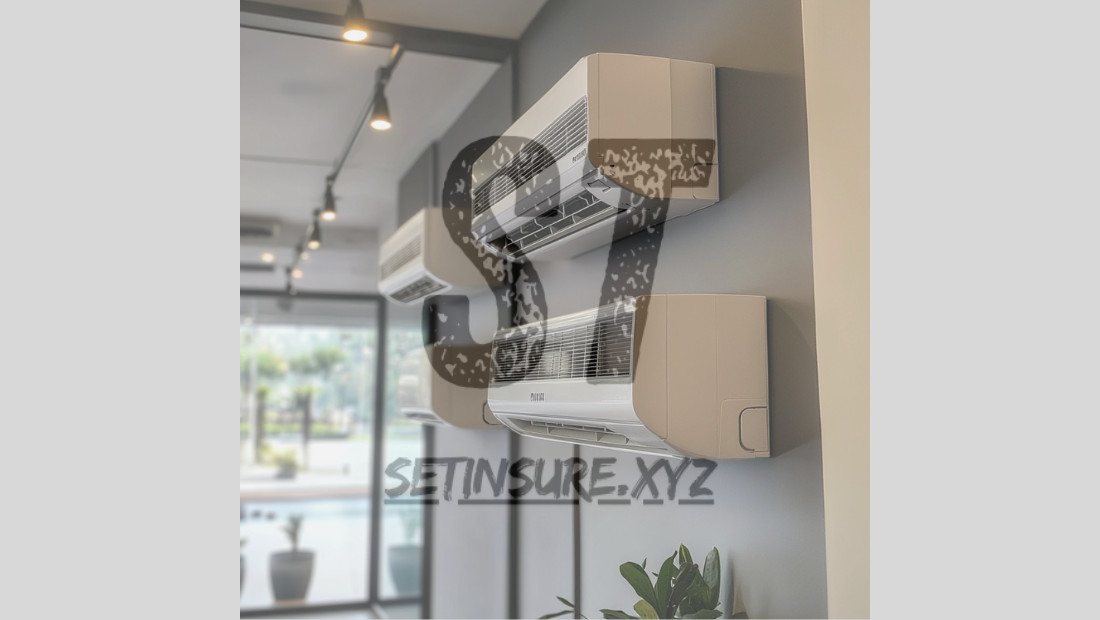
2. Comparing Daikin with Competitors
While Daikin is a top contender in the HVAC market, several other brands offer competitive systems that also deliver excellent quality, innovation, and energy savings. Let’s compare Daikin with Carrier, Trane, Lennox, and Rheem to see how they stack up against each other.
a. Carrier HVAC Systems
Carrier, often dubbed the “father of air conditioning,” has been a trusted name in the HVAC industry for over a century. Known for its innovation and reliability, Carrier offers a wide range of systems for both residential and commercial applications.
Key Differences:
- Quality: Carrier HVAC systems are known for their reliability and durability. Like Daikin, Carrier’s systems are built to last and perform under challenging conditions.
- Innovation: Carrier’s Infinity® series integrates smart thermostats, Wi-Fi connectivity, and advanced filtration, offering enhanced control and convenience.
- Energy Efficiency: Carrier has several models with high SEER ratings (up to 21 SEER), but Daikin’s inverter-driven systems tend to offer greater energy savings in comparison.
- Price: Carrier systems tend to be priced higher, especially in the premium models like the Infinity® series, which may come with more advanced features.
Best For: Carrier is ideal for those who prioritize reliable performance and smart home integration, especially for larger spaces.
b. Trane HVAC Systems
Trane is another industry giant known for producing highly durable and efficient HVAC systems. The company’s tagline, “It’s Hard to Stop a Trane,” speaks to its reputation for durability and high-performance systems.
Key Differences:
- Quality: Trane offers ruggedly built systems that are designed to handle heavy-duty use, particularly in areas with extreme weather conditions.
- Innovation: Trane’s ComfortLink™ II system allows homeowners to control their HVAC system remotely using smart thermostats and mobile apps. However, Daikin’s smart controls are generally seen as more intuitive and user-friendly.
- Energy Efficiency: Trane systems have good energy efficiency ratings (up to 22 SEER), but Daikin’s inverter technology generally provides better energy savings over time.
- Price: Trane is often regarded as a higher-priced brand, with premium models typically costing more than Daikin’s offerings.
Best For: Trane is an excellent option for those who need high durability and reliable performance in challenging conditions and are willing to invest in a more premium system.
c. Lennox HVAC Systems
Lennox is widely regarded for producing some of the most energy-efficient HVAC systems on the market. Lennox’s Signature Series and Elite Series are among the most advanced systems available in terms of both energy efficiency and performance.
Key Differences:
- Quality: Lennox systems are highly reliable and come with advanced engineering to ensure longevity. They are known for quiet operation and minimal maintenance.
- Innovation: Lennox is a leader in smart home integration, offering the iComfort® smart thermostat, which provides seamless control and management of your HVAC system. Lennox also leads in solar-powered HVAC options.
- Energy Efficiency: Lennox’s systems offer exceptional energy efficiency, with some models achieving up to 26 SEER. This gives Lennox a slight edge over Daikin in terms of energy savings.
- Price: Lennox systems tend to be premium-priced, especially in their Signature Series, but they offer exceptional efficiency and advanced features in return.
Best For: Lennox is ideal for those who prioritize maximum energy efficiency, premium features, and long-term savings on energy bills.
d. Rheem HVAC Systems
Rheem is well-known for providing value-driven HVAC solutions. They offer reliable and affordable options that cater to homeowners looking for dependable climate control systems.
Key Differences:
- Quality: Rheem HVAC systems are built with reliability in mind. They may not have the same advanced features as Daikin or Lennox, but they offer solid performance at a lower cost.
- Innovation: Rheem offers smart home integration in some of its models but lacks the same level of advanced features as Daikin and Lennox.
- Energy Efficiency: Rheem’s energy-efficient systems (up to 20 SEER) are a great option for homeowners looking for budget-friendly, energy-saving systems.
- Price: Rheem is typically more affordable compared to Daikin, Trane, and Lennox, making it a solid choice for those with a more limited budget.
Best For: Rheem is an excellent option for budget-conscious homeowners who still want a reliable, energy-efficient HVAC system.
3. How to Choose the Right HVAC System for You
a. For Energy Efficiency:
- Lennox and Daikin stand out with exceptionally high SEER ratings and energy-saving technologies. If reducing your carbon footprint and saving on energy bills are your priorities, these brands are top choices.
- Trane and Carrier offer great energy-efficient models, but Daikin’s inverter technology tends to provide better efficiency over time.
b. For Innovation and Smart Features:
- Daikin and Lennox excel in smart technology and connectivity. Both brands offer intuitive smart thermostats and integration with home automation systems.
- Carrier and Trane also offer smart controls, but Daikin’s Wi-Fi integration and user-friendly mobile apps give it an edge in convenience.
c. For Durability and Long-Term Investment:
- If you’re looking for long-lasting performance, Trane and Carrier are strong contenders, known for their rugged durability and reliable performance in extreme conditions.
- Daikin is also known for its reliable systems, particularly in residential applications.
d. For Budget-Friendly Options:
- Rheem offers some of the most affordable HVAC systems without sacrificing reliability and efficiency.
- Daikin and Carrier also offer cost-effective solutions, but their premium models tend to be more expensive than Rheem.
4. Conclusion
Choosing the best HVAC system comes down to your specific needs, budget, and preferences. If you want maximum energy savings and cutting-edge technology, Daikin and Lennox offer the most advanced systems. For those seeking reliability and durability, Trane and Carrier are excellent choices. On the other hand, if affordability is a key factor, Rheem provides a great option without compromising on quality.
By understanding what each brand offers in terms of quality, efficiency, and innovation, you can select the best HVAC system for your home or business that fits both your comfort requirements and budget.
